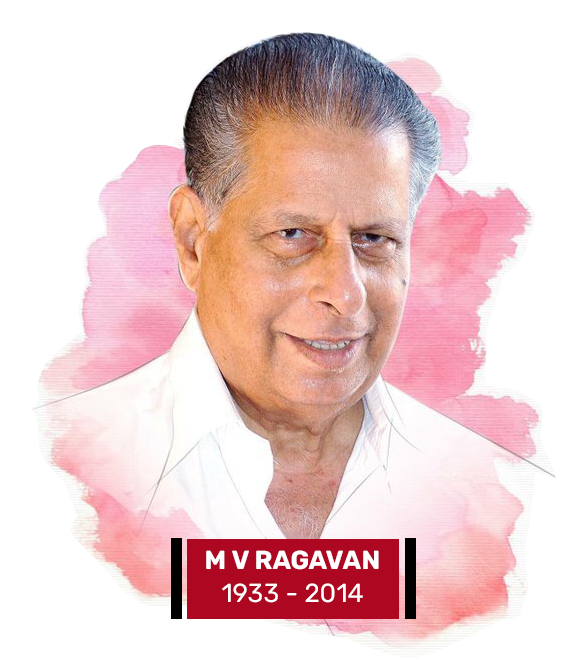Cancer has become one of the ten leading causes of death in India. The large-scale morbidity and mortality of cancer is easily reversible with well-planned cancer education, organized screening, and early detection programs.
Reduce the incidence, morbidity and mortality related to cancer in the population through a cancer screening program to detect cancers and pre-cancerous conditions in their early stages, thereby ensuring appropriate treatment leading to a greater chance of cure, better survival and quality of life.
The cancer screening program comprises of two components
Cancer screening camps are conducted in two stages
Primary screening of the target population by trained volunteers.
Screening camps by health professionals for the participants selected from the primary screening procedure.
Follow up and treatment of the subjects that require further evaluation.
CanCare - An opportunistic screening program in the hospital strictly based on an individual subject’s request to be screened.
In addition to continuous scrutiny and monitoring the entire program will be subject to a regular periodic evaluation.
The program will be evaluated in terms of its acceptability, cost effectiveness, quality assurance and outcome.
Evaluation indicators

Respectfully called MVR, the late MV Raghavan was one of the revolutionary leaders of the Communist movement in Kerala. Born in an ordinary family in Pappinissery, Kannur, his political life began in his early teens. He served two terms as Minister of Co-operation and Ports in Kerala during 1991-1996 and 2001-2006. MVR revolutionized the co-operative sector by taking the people-powered movement to healthcare and education in the State. MV Raghavan realized the role of the co-operative movement in social development and job creation and he was instrumental in setting up various institutions in the state.